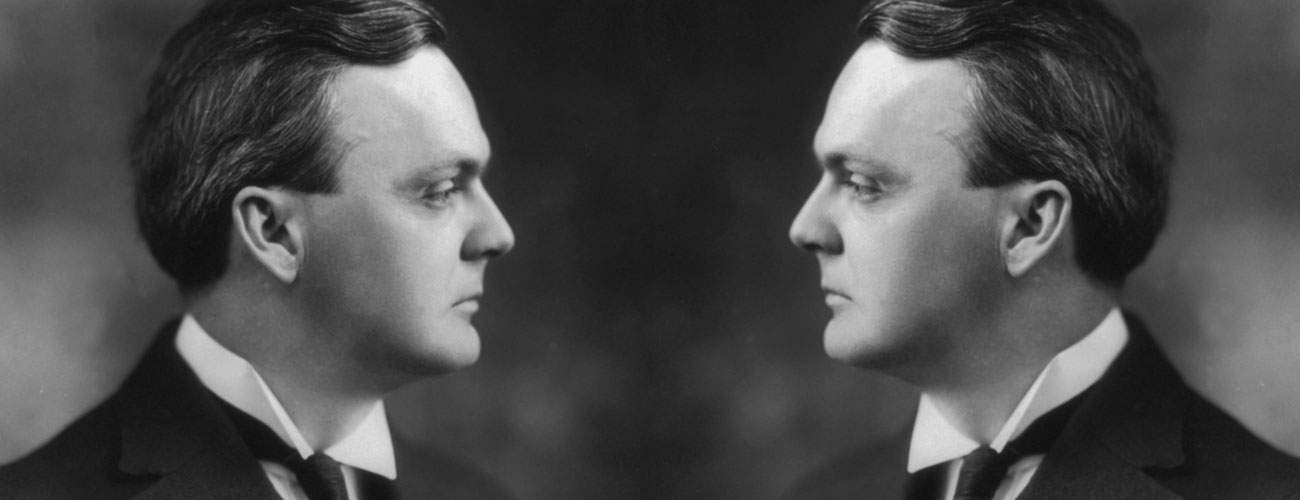Sign up for The Media Today, CJR’s daily newsletter.
Forming a plural is pretty easy, right? You just add an “s” to something. Unless, of course, it’s a word that already ends in an “s,” like “grass,” in which case you add “es,” to make “grasses.”
Or if it ends in an “o,” like “buffalo,” in which case you also add an “es,” to make “buffaloes.”
Or if it ends in an “f,” like “leaf,” in which case you change the “f” to a “v” and add “es,” to make “leaves.”
Or if it ends in a “y” that is preceded by a “qu” or a consonant, in which case you change the “y” to an “i” and add “es,” as in “city/cities” or “soliloquy/soliloquies”… And that’s not even taking into account “child/children,” “mouse/mice,” “goose/geese,” or “deer/deer.”
Okay, so forming plurals isn’t so easy.
It’s even worse when the plural is part of a compound noun, meaning the noun formed of more than one word, like “father-in-law.” Most of us know that the plural of that is “fathers-in-law,” because the “fathers” are the noun part.
What about “attorney general,” “court-martial,” or even “bon vivant”?
Now we’re getting into muddy territory, in the minds of many.
“Bill moves forward to change appointing future Attorney Generals” read one headline. Close, but no cigar. It’s tricky, because both “attorney” and “general” are nouns, so it seems perfectly legal to just add the “s” to the second word, and that often happens in news reports. “General” here, though, is an adjective, not a noun; you can think of them as “general attorneys.” So the plural goes on the noun, and the proper form is “attorneys general.”
Unless you’re British. Then you can call them “attorney-generals,” but don’t forget the hyphen.
“Court-martial” has a hyphen (which is often forgotten), so you’d be forgiven to think it follows the British and the plural is “court-martials.” But you’d be wrong, as one law magazine was. Again, the important word here is “court,” so it’s the one that gets the plural, “courts-martial.”
These kinds of compound nouns have what are called “postpositive” adjectives. The adjectives follow the nouns, as opposed to being in front, as they usually are. They include “account receivable,” “heir apparent,” and “professor emeritus.”
As Grammarist put it: “Such constructions evince the influence that Romance languages, especially French, have had and still have on English. French, Spanish, and Italian all use postpositive adjectives as a rule.”
Well, maybe not a rule, but commonly. “The big house” is “la grande maison” in French, with the adjective preceding the noun, while “the blue house” in English is “la maison bleue” in French, with the adjective following the noun. Unlike in English, the adjectives also frequently become plural: “The big houses” are “les maisons grandes,” and “the blue houses” are “les maisons bleues.”
Then there is “bon vivant.” It’s a French term that means someone who enjoys life, especially good food and drink. (The literal translation is “good liver.”)
Even though it’s a fully English expression, it doesn’t follow the silly English rules on plurals, it follows the French. Though you’ll see it frequently as “bon vivants,” with the plural given only to the noun, it’s perfectly okay—and acceptable English—to say “bons vivants.” In fact, some dictionaries list no alternatives.
And that, friends, are some “bons mots” about plurals.
Has America ever needed a media defender more than now? Help us by joining CJR today.



